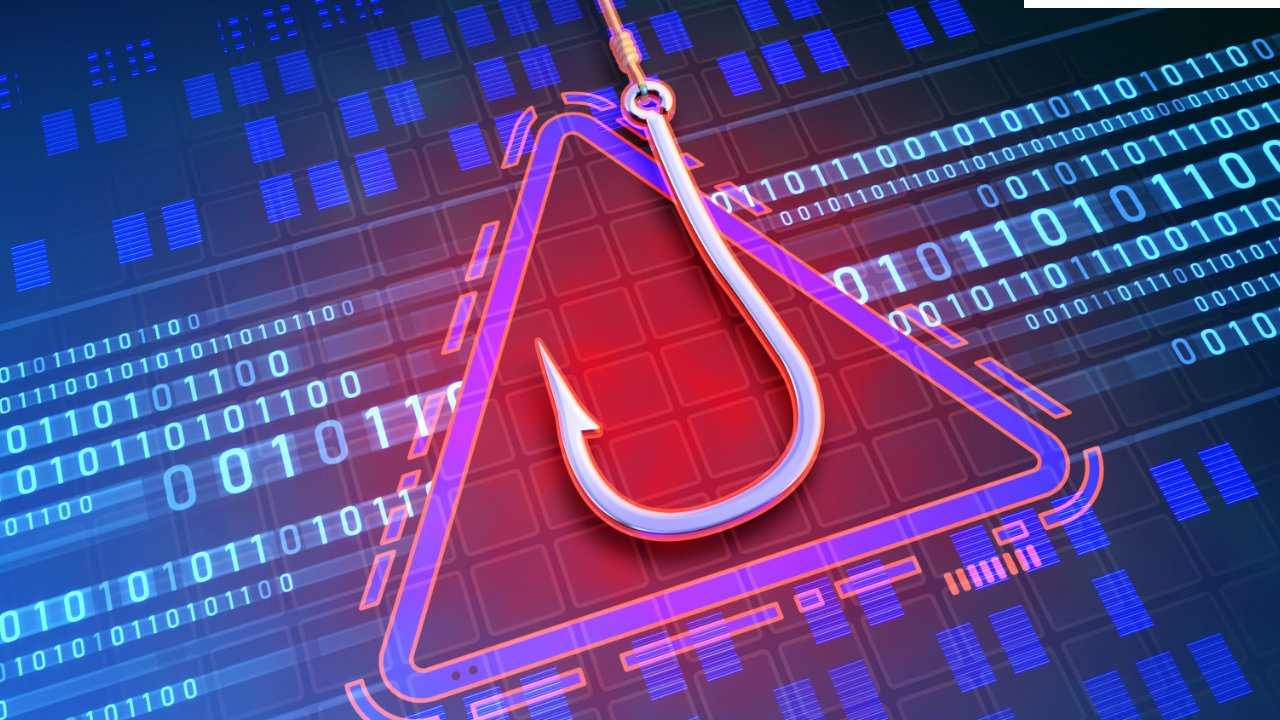|
Getting your Trinity Audio player ready...
|
Manta Network, a blockchain project aiming to conquer the Asian market, finds itself embroiled in a swirling storm of controversy following its debut on the South Korean exchange Bithumb. Accusations of money laundering have tainted the air, raising concerns about the project’s integrity and compliance with South Korea’s stringent financial regulations.
The catalyst for this public outcry came from DeFi enthusiast Definalist, who took to Twitter to highlight a series of suspicious transactions surrounding Manta Network’s Bithumb listing.
These transactions, if proven true, paint a picture of potential market manipulation and illicit activity.
What sent alarm bells off?
- Suspicious Token Transfer: A whopping 2 million MANTA tokens, representing 75% of the exchange’s total circulation, were transferred to the personal wallet of Manta’s Korean Business Development (BD) representative.
- Meteoric Price Surge: Within minutes of listing on Bithumb, MANTA’s price skyrocketed from a humble $2.26 to a jaw-dropping $230, a 100x increase.
- Rapid Token Dumping: The BD representative allegedly cashed in on this inflated price, swiftly liquidating all 2 million MANTA tokens for a hefty profit, ranging from 50 to 100 times their initial value.
- Ethereum Conversion: The proceeds from this sale were then reportedly converted into Ethereum, with a significant portion (over $5 million) transferred to the BD representative’s personal wallet, as per Etherscan data.
These allegations are particularly concerning considering South Korea’s reputation for strict anti-money laundering (AML) regulations and its mandatory real-name financial transactions. If Manta Network is found guilty, the repercussions could be severe.
Also Read: VeChain Takes Swift Action After Twitter Hack, Reassures Community and Reinforces Security
Manta Network’s Response:
Facing the heat of public scrutiny, Manta Network released a statement claiming that the 2 million MANTA tokens were allocated to the Korean BD representative as part of their established token economic model. Additionally, the project reiterated its commitment to expanding in the Asian market, with a specific focus on South Korea and Hong Kong.
However, this response has not quelled the concerns. Many remain skeptical, questioning the legitimacy of the token allocation and demanding further transparency.
Unresolved Questions:
- Was the token allocation to the BD representative truly above board, or was it a veiled attempt to manipulate the market?
- What were the specific criteria for allocating such a large amount of tokens to one individual?
- Was the rapid price increase organic, or was it artificially inflated through pump-and-dump tactics?
- Did the BD representative’s actions violate any AML or financial regulations?
These questions remain unanswered, casting a shadow over Manta Network‘s future and raising concerns about the integrity of the Bithumb exchange.
Market Outlook:

At time of Press the live Manta Network price is USD 2.23 with a 24-hour trading volume of $550,812,556 USD and up 2.85% in the last 24 hours. Its current CoinMarketCap ranking is #103, with a live market cap of $558,513,560 USD. It has a circulating supply of 251,000,000 MANTA coins and a max. supply of 1,000,000,000 MANTA coins.
The Road Ahead:
Manta Network must address these allegations head-on, providing irrefutable evidence to support its claims and demonstrate its commitment to fair and transparent practices. Only then can it regain the trust of the community and navigate this tumultuous period successfully.
The Bithumb exchange also has a responsibility to ensure the legitimacy and security of its platform. Thorough investigations into these allegations are crucial to maintain its reputation and protect its users.
The story of Manta Network’s Bithumb listing serves as a stark reminder of the potential pitfalls within the crypto space. As this saga unfolds, it’s vital for investors to remain vigilant, conduct thorough research before investing, and only engage with projects that demonstrate a commitment to transparency and regulatory compliance.
I’m a crypto enthusiast with a background in finance. I’m fascinated by the potential of crypto to disrupt traditional financial systems. I’m always on the lookout for new and innovative projects in the space. I believe that crypto has the potential to create a more equitable and inclusive financial system.




